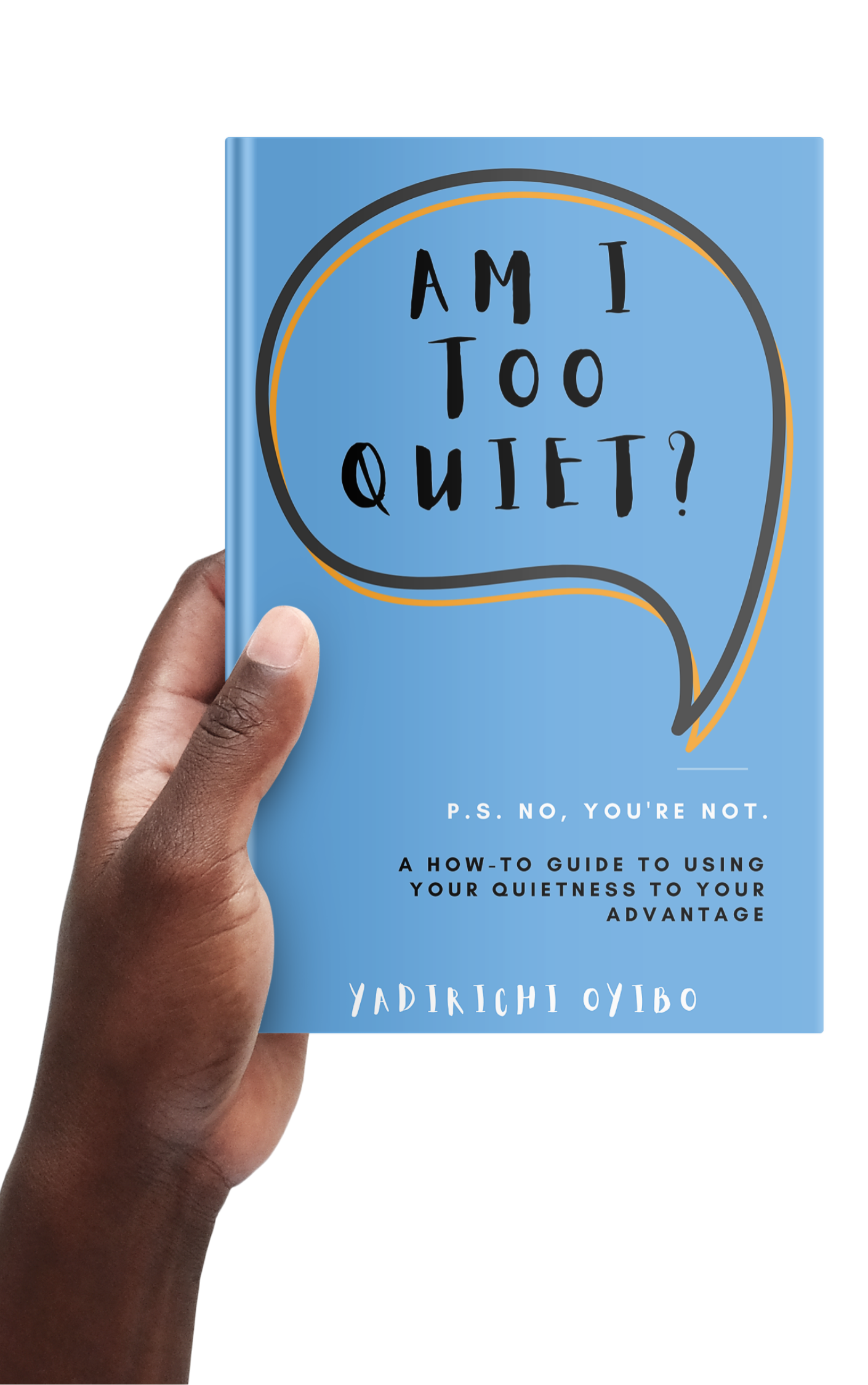17 Peaceful Essay Writing Tips Every Introvert Will Love
Photo by Clique Images on Unsplash
If you're someone who thrives in quiet moments but still feels overwhelmed when facing a blank page, you’re not alone. For many of us introverts, writing should feel like a sanctuary, not a storm.
But too often, essay writing becomes an exhausting performance rather than a space for reflection, with too many things you want to say on the topic, but no right way to structure them.
And other times, you might just sit for hours staring at a blank screen, having no idea what to write. The good news is that you can make writing not just manageable, but enjoyable by leaning into your strengths.
Even though no magic wand can help you improve essay writing skills in the blink of an eye, you can rely on numerous tips and hacks that can make writing interesting.
One of the benefits of living in the 21st century is the possibility to benefit from online writing tools. For instance, you can use an essay grader to get a clear idea of whether your essay is engaging enough.
So, let’s not waste any more time and dive into other practical recommendations that will help you tackle everything from brainstorming and outlining to drafting and editing.
How to Write an Essay: Creative Brainstorming Techniques
Before you start turning your thoughts into an appealing story, you need ideas. And not just any ideas, but ones that are fresh, focused, and relevant. Here are some great brainstorming techniques that will help you uncover unique angles from the depths of your quiet mind.
Mind Mapping/Webbing
Start with your central topic or thesis in the middle of a page (or digital canvas). Then, branch out with main ideas, connecting them with lines, and further extending those branches with sub-points, examples, or questions. This method helps you see connections between ideas and build a structure naturally.
Freewriting/Journaling
Set a timer for 5-10 minutes and just write without minding grammar, spelling, or coherence. The goal is to get every single thought, question, or fragment related to your topic onto the page. If you get stuck, write "I don't know what to write" until another idea pops up.
Question Storm
Turn your essay prompt or topic into a series of questions. Instead of just "Analyze X," ask: "What is X?", "Why is X important?", "How does X affect Y?", "What are the counterarguments to X?", "What evidence supports/refutes X?" Find the answers to these questions, and you will form the backbone of your arguments and evidence.
Role Reversal
Write from the perspective of someone else (an opposing viewpoint, a historical figure, or even an inanimate object) to see your topic from new angles and improve argument depth.
Essay Writing Tips: Planning and Structuring Your Essay
“There is no point in wasting my time on creating an outline.”
If this thought has ever crossed your mind, you need to read this passage to understand the real significance of this step.
A well-constructed outline is the foundation of a coherent essay and saves you a lot of time in the long run.
Instead of rushing to write, introverts often benefit from careful planning. Use structure as a calm container for your creativity.
Here’s how to create it without too much effort.
Writing an Essay Efficiently: The Rule of Three
Stick to three strong body paragraphs when possible, discussing one idea per paragraph. It’s a classic format that offers balance without overwhelming your reader.
Creative Writing Hacks to Try: Reverse Outlining
If you’ve already written a draft, reverse outlining helps you check your structure. For each paragraph, write a one-line summary in the margin. If the summary doesn’t match your thesis or feels out of place, it’s time to revise.
Digital Planning Tools
Don’t lose the chance to benefit from online tools to manage this task faster:
Notion or Trello: Perfect for quiet planning and thought collection.
Scrivener: Ideal if you're writing a longer, research-heavy piece.
Google Docs: Great for when you’re ready to collaborate or get feedback.
For even better results, you can color-code your outline based on function: thesis points in blue, examples in green, transitions in yellow. This makes gaps and weak spots easier to spot at a glance.
Liking this article? Join our Introvert Club→
Essay Writing Life Hacks for a Peaceful Process
Working on a literary piece doesn’t have to mean hours of endless rewriting. All you need to avoid this unpleasant experience is to rely on these time-proven essay writing techniques.
Start with the Body, Not the Introduction
Begin with what you know. Body paragraphs often come more easily than introductions. Let them guide your opening. Once your ideas are flowing, it’s much easier to write a strong opening. On top of that, you won’t need to rewrite the introduction if you decide to emphasize another point in your body paragraphs.
Talk It Out
If you are unsure how to phrase something, try explaining your point out loud to yourself or a friend. You can also use voice-to-text tools to speak your thoughts and turn them into rough drafts. Not comfortable talking it out? Try writing a letter to yourself. Explain your topic as if you were gently teaching yourself.
Write Ugly First Drafts
Perfectionism is a common introvert struggle. But it kills productivity. Give yourself permission to write a messy first draft and then go back to polish it later. Getting your thoughts down quickly is half the battle. Quiet clarity often comes through editing, not first tries.
Create a Distraction-Free Environment
Use full-screen writing tools like FocusWriter or apps like Cold Turkey to block distractions. A clean space (both physically and digitally) leads to clearer thinking.
One of the Best Essay Writing Strategies: Time Your Edits
Set a limit on how long you’ll spend editing each paragraph or section. Don’t let one paragraph swallow an hour. This keeps you from over-polishing and helps you meet deadlines more consistently. Gentle structure prevents burnout.
3 Simple Steps to Editing with a Calm, Clear Mind
You’ve written it down. Now polish without pressure. No matter how frustrating the editing stage can be, you still need to go through it with dignity because submitting a first draft is like serving an unseasoned meal. Here’s how you can make the true magic happen in the revision phase:
● Take a break. After you finish a draft, step away from it for at least a few hours, or ideally, a full day. When you return, you'll be surprised at how many errors and awkward phrases jump out at you that you completely missed before.
● Use grammar and spell checkers. Just don’t over rely on them because they often miss context-specific errors or suggest changes that diminish your voice or meaning.
● Focus on one aspect at a time. Don't try to edit for content, clarity, grammar, punctuation, and formatting all at once. This leads to overwhelming feelings and missed errors.
To Sum Up
Writing is not a race. It’s a quiet journey. With the right tools and approach, essay writing can become a space for reflection and clarity. As an introvert, you don’t need to be loud to be heard. You just need a process that honors your pace and your power. Now, you know how to begin.
Live Your Best Quiet Life
Get the Am I Too Quiet? book →













